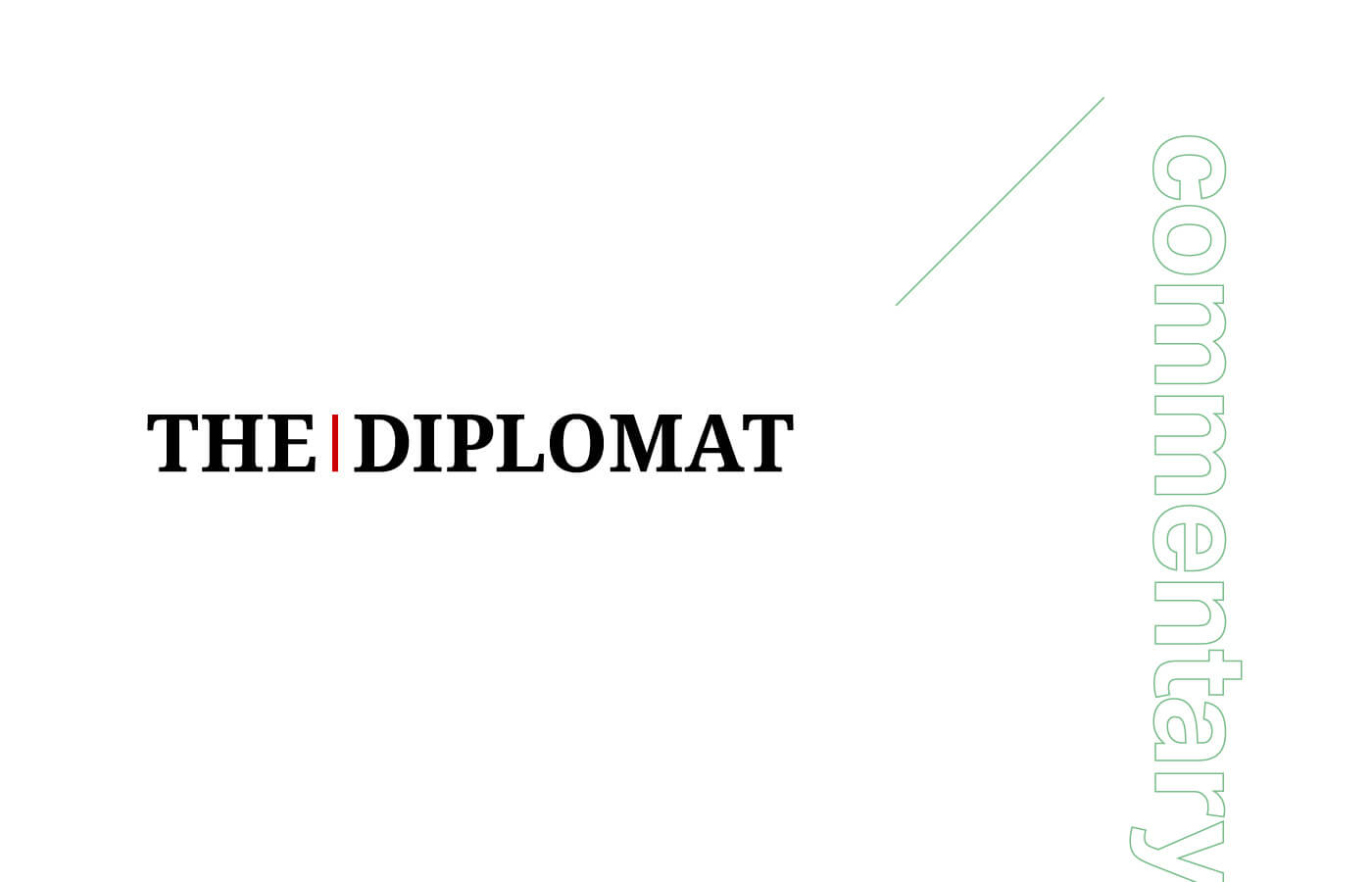By Patrick Phongsathorn in The Diplomat
Myanmar’s raging civil war recently spilled, albeit briefly, over the border to Thailand. On June 30, a Myanmar air force jet, identified as a Russian-made MiG-29, violated Thai airspace while on a bombing raid in eastern Myanmar. The jet’s incursion prompted the evacuation of homes and classrooms in the Phop Phra district of Thailand’s Tak province. Videos taken from Thai territory and shared on social media show the Myanmar jet strafing and bombing villages in Karen State, Myanmar, where deadly fighting rages between the junta forces and armies under the control of the ethnic Karen National Union and the anti-coup People’s Defense Forces. In response, the Thai air force scrambled two of its own fighter jets and Thailand’s embassy in Yangon reportedly conveyed a diplomatic warning to the junta.
In response to the incident, Thai Prime Minister Prayut Chan-o-cha was nonchalant, stating to reporters that the infringement of Thai sovereignty was “not a big deal.” This lackadaisical attitude is consistent with the ongoing Thai government approach of downplaying and obfuscating the scale of the atrocity crimes and humanitarian catastrophe unfolding in Myanmar.
Just a day before the Myanmar jet caused Thai schoolchildren to flee in panic, a delegation of the Royal Thai Army was in Naypyidaw shaking hands and exchanging gifts with Senior Gen. Min Aung Hlaing, the leader of the genocidal junta.
While Thai authorities continue “business as usual” with Min Aung Hlaing’s criminal regime, the people of Myanmar and border communities in both countries are paying the price.
In the first six months following the Myanmar military’s coup d’état last February, its forces murdered, imprisoned, tortured, disappeared, forcibly displaced, and persecuted civilians, as documented in a detailed report by Fortify Rights and the Schell Center for International Human Rights at Yale Law School. The report argues that those acts amount to crimes against humanity.
Meanwhile, the atrocities continue. More than 100 children have been killed by the junta. In the same week that the U.N. Special Rapporteur for Myanmar warned that the junta’s atrocities were accelerating, troops reportedly killed nine unarmed civilians, including four teens, who were enroute to receive medical training. More than 1.1 million people have been displaced in the country, according to the U.N.’s latest humanitarian assessment, including nearly 760,000 since February 2021.
The desperate situation for Myanmar civilians has been compounded by the action of the Thai authorities. Forced to live in the shadows, unable to attain legal status, and facing dwindling support and resources, Myanmar refugees in Thailand have reported extortion and arbitrary arrest and detention.
Refugees have told Fortify Rights that their greatest worry, however, is the prospect of being returned to the hands of the Myanmar junta – a regime that has recently vowed to execute two of its political opponents, resuming the use of the death penalty for the first time in more than 30 years.
I recently spoke with one refugee who fled to Thailand when the junta discovered that she was supporting teachers who had gone out on strike against the coup. When I asked her what she thought would happen to her if she were deported into the hands of the junta she simply replied, “they would beat me to death.”
Refugees’ fear of forced return is well-founded. The Thai government has a sordid history of deporting individuals back to repressive regimes, whether in the form of official extraditions of political dissidents or mass “push-backs” of groups fleeing grave human rights abuses.
In May 2021, for example, Fortify Rights documented the Thai authorities’ forced return of at least 2,000 refugees to Karen State. More recently, Fortify Rights published evidence of Thai authorities actively preventing Myanmar refugees from crossing into Thailand. Thai authorities have also restricted access for the U.N. High Commissioner for Refugees (UNHCR) to newly-arrived Myanmar refugees, thus preventing UNHCR from conducting refugee-status determinations that would help to quantify and protect Myanmar refugees in Thailand.
Given this record, a recent meeting between the Myanmar junta’s police chief and his Thai counterpart in Bangkok on future cooperation in the fight against so-called “cross-border crime” is a harrowing development.
Thai foreign policy toward Myanmar at this point has arguably graduated from willful blindness to one of complicity in mass atrocity crimes.
Instead of risking this complicity and seeking closer ties to the Myanmar junta, the Thai government should instead recognize the Myanmar regime for what it is – a threat to international peace and security. Thailand should urgently support international sanctions on the regime, halting PTT’s payments to junta-owned companies, and engage Myanmar’s elected representatives through the National Unity Government. Lastly, rather than further victimizing the survivors of the junta’s reign of terror, Thailand should offer them legal status and protection and must stop pushing them back.
Thailand plays a crucial role in what’s happening in Myanmar. Prayut’s policy of complicity is bad for both countries.
This article was originally published in The Diplomat here.
